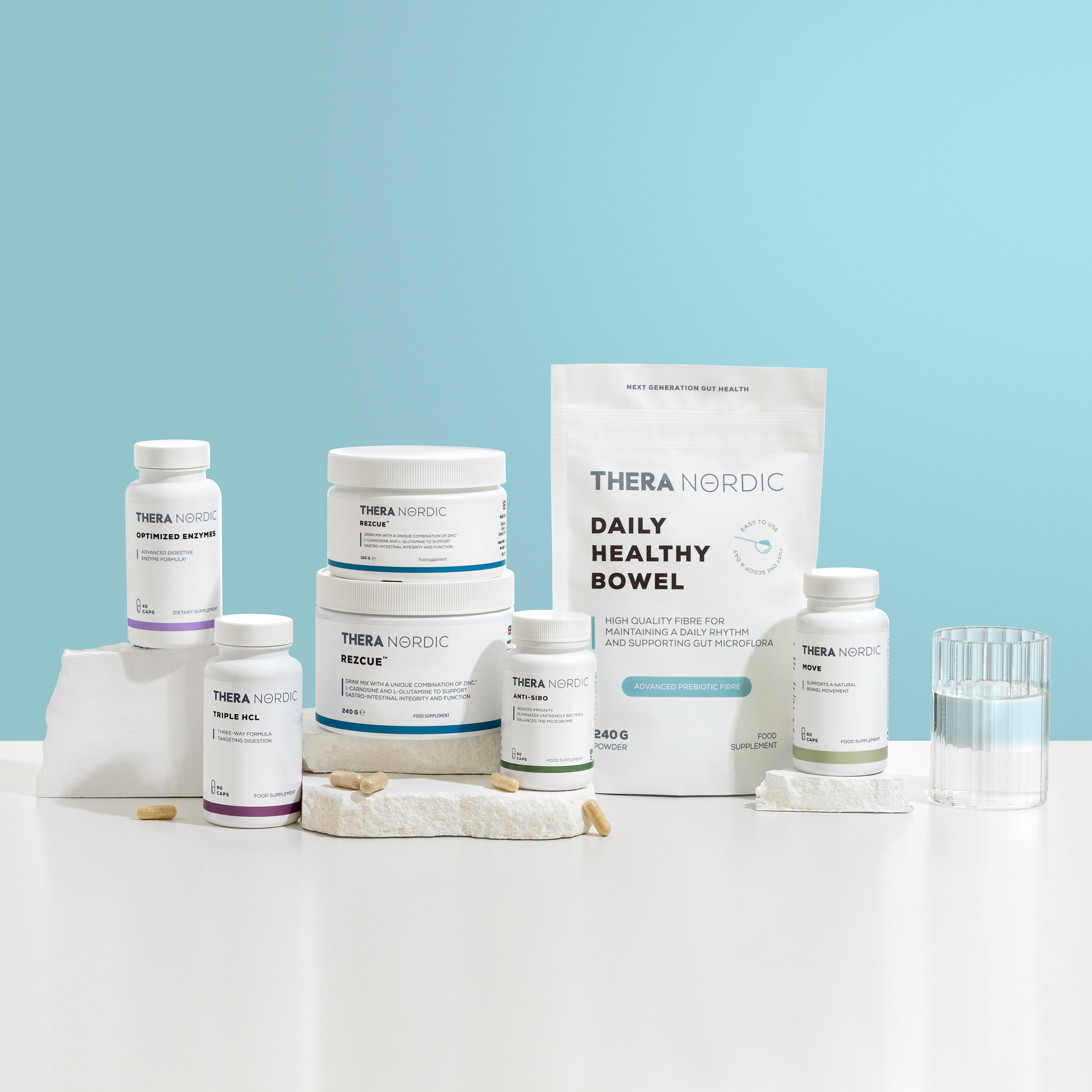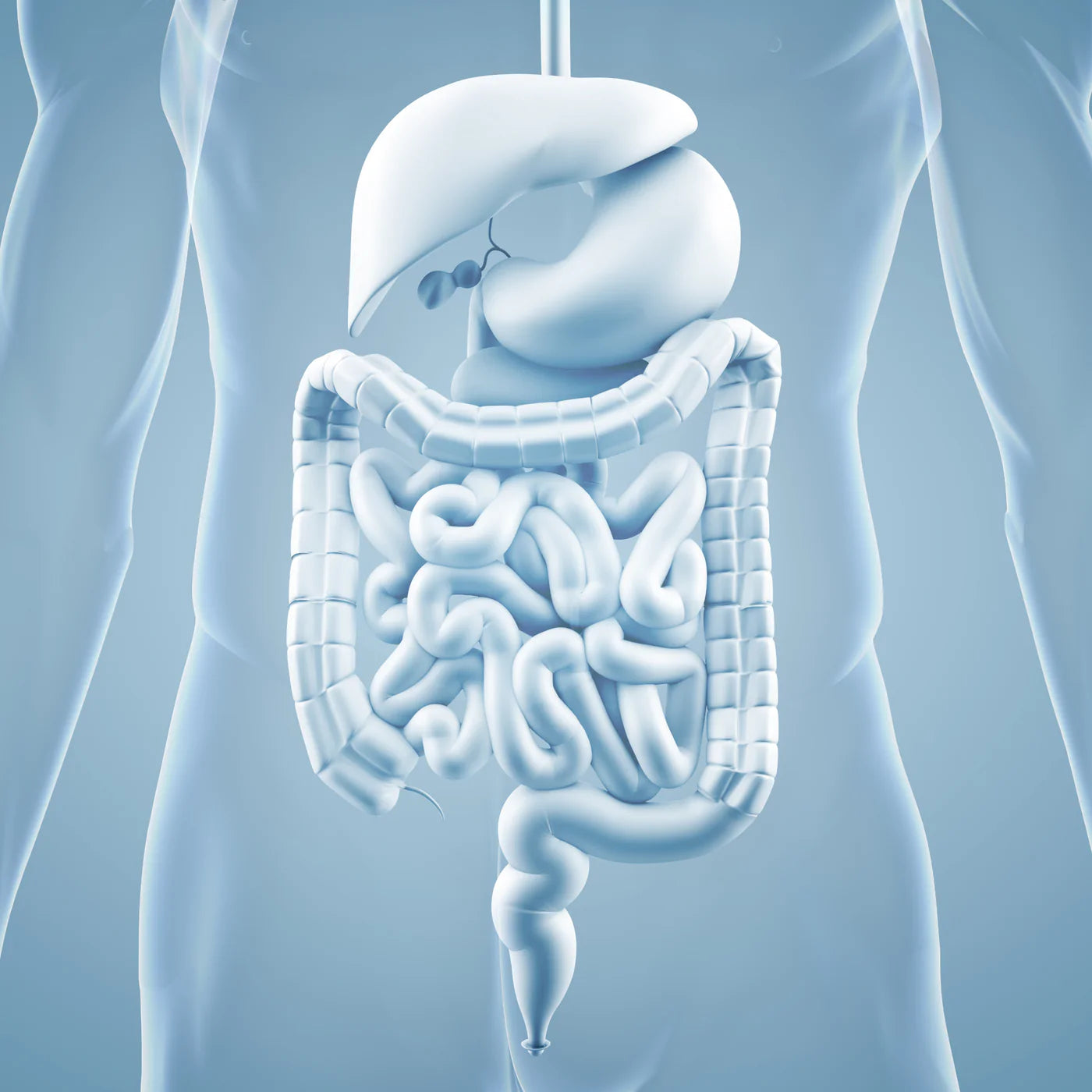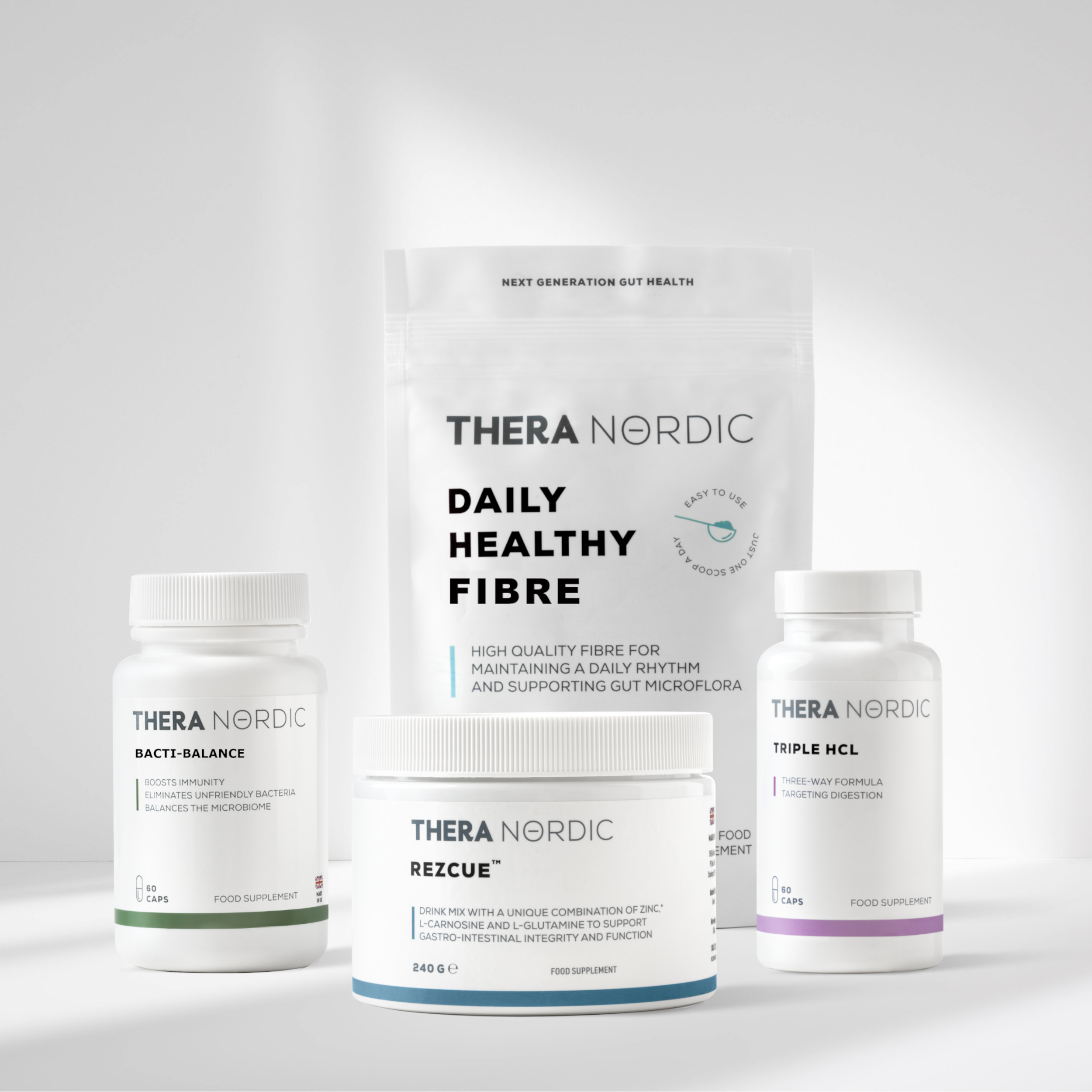Welcome to Unit 4
The good news is that the changes you make to relieve constipation can also help maintain your long-term gut health and overall wellbeing. By being consistent with these habits, you’re supporting not just your digestion but your brain function, immune health, and even longevity. Congratulations on making it to the final part of this course—let's explore how to keep these positive changes going!
1. Fibre: A Cornerstone of Long-term Gut Health
We’ve repeatedly discussed the importance of fibre, and it cannot be overstated. Most people still don’t eat enough fibre, as modern diets tend to focus more on fats and carbs. Fibre, however, is the true foundation of long-term gut health.
Fibre’s Impact on Wellbeing
Fibre’s benefits go beyond digestion:
- Brain health: Your gut microbiome produces neurotransmitters like serotonin, influencing mood and cognition.
- Longevity: A 2019 study in The Lancet linked high-fibre diets to reduced mortality risk from heart disease, diabetes, and more.
If you find it difficult to consume enough fibre through food alone, our Daily Healthy Fibre supplement provides a natural source of prebiotic fibre to help keep your gut microbiome balanced.

Check out Daily Healthy Fibre here.
Further Reading: Explore more about fibre’s long-term health benefits in this meta-analysis on fibre and disease prevention.
2. Staying Hydrated: A Key to Long-term Gut Function
Hydration is critical for not only relieving constipation but also maintaining healthy digestion, supporting cognitive performance, and bolstering the immune system.
Hydration’s Impact on Wellbeing
- Cognitive function: Research has shown that even mild dehydration can impair memory and focus.
- Skin and immune health: Hydration helps maintain the skin’s barrier and facilitates the removal of toxins from the body.
Long-term Hydration Strategies
In addition to drinking water, incorporate herbal teas, broths, and water-rich foods (e.g., cucumbers, melons, leafy greens) into your routine to stay hydrated throughout the day.
Further Reading: Learn more about the importance of hydration for overall health in this article on hydration.
3. Sleep and Gut Health
Sleep plays a crucial role in gut health. Your body’s circadian rhythms regulate your sleep-wake cycle, and these rhythms also influence the gut microbiome. Poor or irregular sleep can disrupt digestion and impact overall health.
Impact of Screen Time on Sleep
Research shows that blue light from screens can disrupt melatonin production, a hormone crucial for sleep. A 2016 study found that reducing screen time before bed improved both sleep quality and digestion.

Maintaining a healthy sleep routine supports gut health by regulating digestion through circadian rhythms.
Better Sleep for Gut Health
- Establish a regular sleep schedule to regulate your body’s circadian rhythm.
- Limit screen time before bed by avoiding screens at least an hour before sleep.
- Consider winding down with relaxation techniques like deep breathing or drinking herbal teas to prepare your body for rest.
4. Managing Stress for Long-term Gut Health
Chronic stress can harm your gut health by altering gut motility and disrupting the balance of bacteria. Managing stress is essential for maintaining long-term gut health and overall wellbeing.
The Gut-Brain Axis
Stress activates the sympathetic nervous system, reducing gut motility and increasing inflammation. Over time, stress can lead to digestive issues like constipation or irritable bowel syndrome (IBS), and it’s closely linked to mental health conditions like anxiety and depression.
Stress Management Strategies
- Mindfulness and meditation: These practices can lower cortisol levels and improve gut motility.
- Exercise: Physical activity reduces stress and directly supports digestive function.
Further Reading: Discover more about the gut-brain connection in this article on stress and gut health.
5. Regular Physical Activity for Long-term Gut Health
Physical activity plays a critical role in long-term gut health. Exercise stimulates the muscles in your intestines, promoting peristalsis (the wave-like contractions that move food through your digestive tract). Regular exercise not only reduces constipation but also benefits mental health and inflammation levels.
Walking: A Simple Yet Effective Strategy
If you find it hard to hit the gym regularly, even a daily 15-30 minute walk can significantly benefit your gut health. Studies show that regular walking supports digestion, improves cardiovascular health, and reduces inflammation.
The Health Benefits of Walking
- Improved gut motility: Walking encourages the natural movement of food through your digestive system, reducing the risk of constipation.
- Reduced inflammation: A 2019 study found that regular walking lowers inflammation, helping improve gut health and reduce the risk of chronic diseases.
Further Reading: Explore more about the benefits of walking for long-term health in this study.
6. Long-term Supplementation for Gut Health
Natural supplements play an important role in maintaining long-term gut health. Along with probiotics and prebiotics, supplements that address gut lining integrity and reduce inflammation help to prevent long-term digestive issues.
REZCUE for Gut Lining and Inflammation
REZCUE combines Zinc Carnosine and L-Glutamine, which are clinically proven to support gut health by reducing inflammation and strengthening the gut lining. A study published in Gut confirmed that this combination is effective in promoting gut healing and preventing long-term digestive issues.
Further Reading: Read more about Zinc Carnosine and L-Glutamine’s role in gut health in this article.
Actionable Task: Commit to Long-term Gut Health
Congratulations on completing the course! You’ve gained valuable knowledge and practical strategies to improve both your gut health and overall wellbeing. Now it’s time to put these long-term habits into practice:
- Prioritise fibre intake through whole foods and supplements like Daily Healthy Fibre.
- Stay hydrated by drinking 2-3 litres of water each day.
- Make regular physical activity, even a daily 15-30 minute walk, part of your routine.
- Practise stress management to support your gut-brain connection.
- Consider supplements like REZCUE for reducing gut inflammation and maintaining a healthy gut lining.
Looking Ahead
By committing to these long-term strategies, you’ll not only support a healthy digestive system but also improve brain function, immune health, and overall wellbeing. Keep up the great work—you’ve already taken the first step toward lasting gut health!















